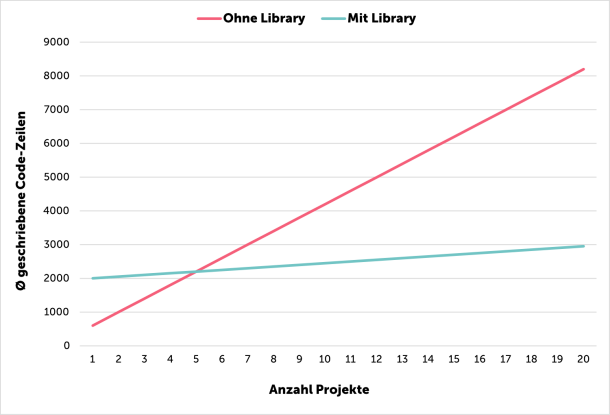Editor's Note: As part of his studies in iCompetence (Computer Science, Design & Management) at the University of Applied Sciences Northwestern Switzerland FHNW, our iOS developer Maximilian Lemberg wrote about the use of libraries in the development of native apps. In the following, we are making the article - minimally edited and supplemented - available to the general public. It provides a brief overview of the opportunities and challenges of using libraries, i.e. reusable and modular parts of code in app development. If you have any questions or exciting input on this or other app development topics: We always have open ears or inboxes for them.
And now enjoy reading!






